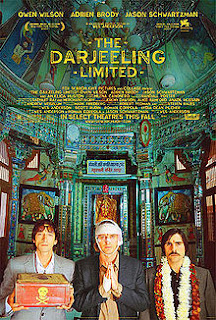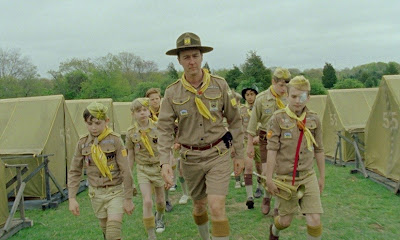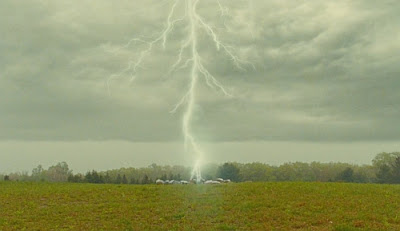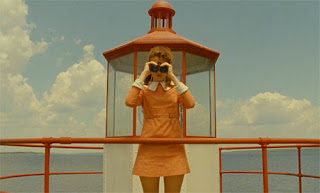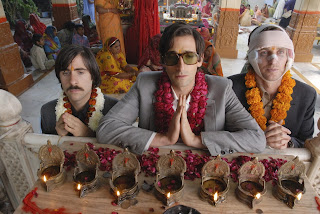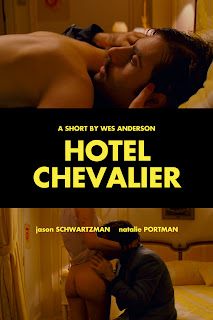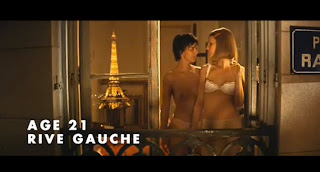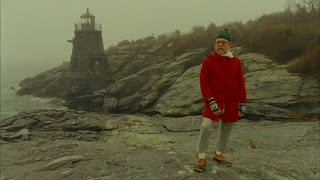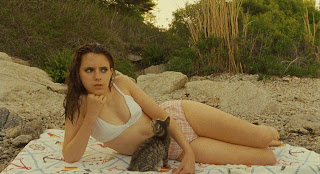
Written by Robin Hitchcock as part of our theme week on the Academy Awards.
I used to love Wes Anderson’s style and now I hate it. Did I change? Did his movies change? Or have they not changed enough?
The Grand Budapest Hotel, Anderson’s eighth feature film, is his first to receive wide awards season attention. Although his screenplays have been nominated twice before (The Royal Tenenbaums and Moonrise Kingdom) and Fantastic Mr. Fox got a Best Animated Feature nod, The Grand Budapest Hotel is the first Wes Anderson film to amass a broad range of Academy Award nominations, including his first Best Picture and Best Director Oscar nods. And it won Best Comedy or Musical Film at the Golden Globes, beating out Oscar Best Picture front-runner Birdman.
So unless you are properly cynical about Hollywood awards, you’d probably guess there is something exceptional about The Grand Budapest Hotel compared to Wes Anderson’s other movies. But there isn’t. There’s pretty much nothing in The Grand Budapest Hotel you haven’t seen before if you’ve seen a Wes Anderson movie. It’s possible the Academy is so out of touch they’re just now noticing this young whippersnapper with a quirky vision and a fondness for Futura title cards.

But if you’ve been watching Anderson’s movies all along, I don’t know how you could not be sick of his schtick at this point. How many perfectly symmetrical shots of a beautiful frown-faced women in an incredibly detailed set does this world really need? And Anderson has become ever more indulgent in his stylistic quirks over the years, with diminishing returns.
I remember how excited I was by the offbeat humor and buzzing energy of Bottle Rocket and Rushmore. I remember being delighted by the bizarre world-building in The Royal Tenenbaums. Was it because I watched those movies as a teenager? Or has Anderson’s vision just gone off like expired milk? (I wanted to re-watch The Royal Tenenbaums before writing this piece, but I couldn’t find my copy. I was relieved. I don’t want to lose my happy memories of that movie.)

Maybe something that used to be there is now missing. Discussing Moonrise Kingdom, Molly McCaffery posited that Anderson’s first three films benefited much more than we realized from his collaboration with co-writer Owen Wilson: that the films “were as much about character development as they were about oddball behavior, unusual costumes, retro props, quirky sets, and elusive ingénues.” Whether or not Wilson was the source of it, those early movies certainly had a heart that has been lacking from Anderson’s later films.
Another issue is that Anderson’s slavish devotion to his form is without regard to its function. His quirky style is perfectly suited to the story of an oddball family like the Tenenbaums, but what does it bring to the narrative of The Grand Budapest Hotel? Moonrise Kingdom actually worked better for me than the other latter-day (sans-Wilson as co-writer) Wes Anderson films, because the twee tone and retro details suited the inherent nostalgia of small town childhood adventure story. For an ambitiously sprawling story like The Grand Budapest Hotel, Anderson’s attention to detail felt almost confining to what could have been an epic and sweeping tale. Is this the only way Anderson knows how to make movies?
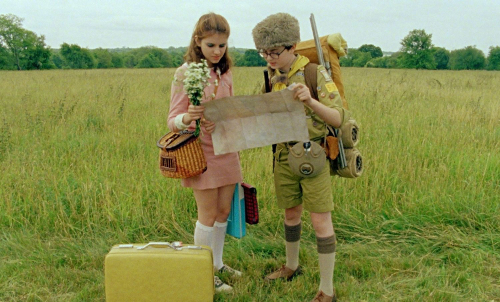
It is strange that the Academy seems to be only noticing Wes Anderson now, 20 years into his shockingly repetitive career, when his style feels so played out and empty. Maybe the Russian Doll framing device structure of The Grand Budapest Hotel (perhaps its only innovation) really knocked everyone else’s socks off (I found it showy and pointless, like the rest of the movie). Maybe it is just a really, really, really weak year for movies.

And the worst of it is that awards recognition will probably just send Wes Anderson further up his own ass, if such a thing is even possible. I don’t think I’ll be rushing to see his subsequent films until I hear that he’s finally tried something different.
Robin Hitchcock is an American writer living in Cape Town who can’t decide if she should stay up all night to watch the Oscars this year.







